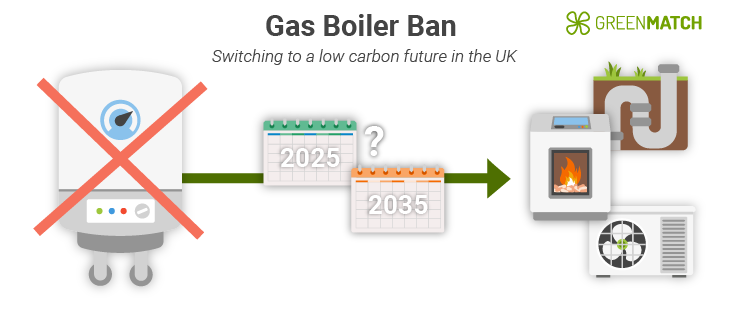Hi folks,
Part two of the series of me refurbing my 1930s semi. This time... boiler.
I imagine this beasty from the 1980s still fully functions, however I had budgeted for a replacement and I knew the heating system was due for an overall as the rads were clearly 30+ years old, and the pipework is mostly exposed (or poorly boxed in).
I had a chap around earlier who quoted "roughly" 7 to 8k to rip this lot out, and fit a new boiler and megaflo cylinder in the attic. He'd run a gas main up the outside of the house and then connect into the existing system. This seems a lot but not bonkers for where I live. However it gave me food for thought (and was the first time I ever went into the attic since buying the house). Namely I was concerned at having an all singing, all dancing system, connected to my garbage radiators and exposed pipework that I want to delete.
What I am considering is --
- Image 1 - Leave the boiler where it is. It is pretty much dead space anyway (under the stairs, door opens in front of it)
- Image 2 - Re-new the cold feed via the back of the units as opposed to "up and over" the kitchen window
- Image 3 - To enable my bathroom project move the tank into the loft, but broadly in the same physical location, just a floor up
- Potential wild card - get a free weekend to re-run all of the downstairs rad pipework under the floor and into the attic, and likewise, re-run all of the upstairs pipework into the attic, so that in whatever scenario, all the rads/pipework is renewed at the same time?
So that means a new standard F&E type boiler, with a new unvented cylinder.
Question:
1. Is this silly? Should I be considering moving the boiler to a different room, given all of the pipework runs to the opposite side of the house? Is there a clever framework to work out the best place to put these things?
2. If keeping the same location, is it permissible? The flu is super low (hip height) at the moment
3. What random pipework am I likely to uncover in all of these boxing in sections (in the kitchen specifically?). Gas comes in via the left hand side as the meter is only about a meter away.
4. Can I easily spur off of the hot water tank if it was in the loft (to enable my new bathroom?)
5. Do I need to consider the placement of pipes in the attic if I am going to do a loft conversion (unlikely in the next 5 years) - i.e. should I run them through the joists or would a loft conversion mean new joists anyway?
6. Is getting a weekend to run a new 'ring main' (whatever the plumbing equivalent is) to do the downstairs rads (only 8 rads total I think) time worth spent BEFORE getting the boiler/tank replaced?
Image 1






